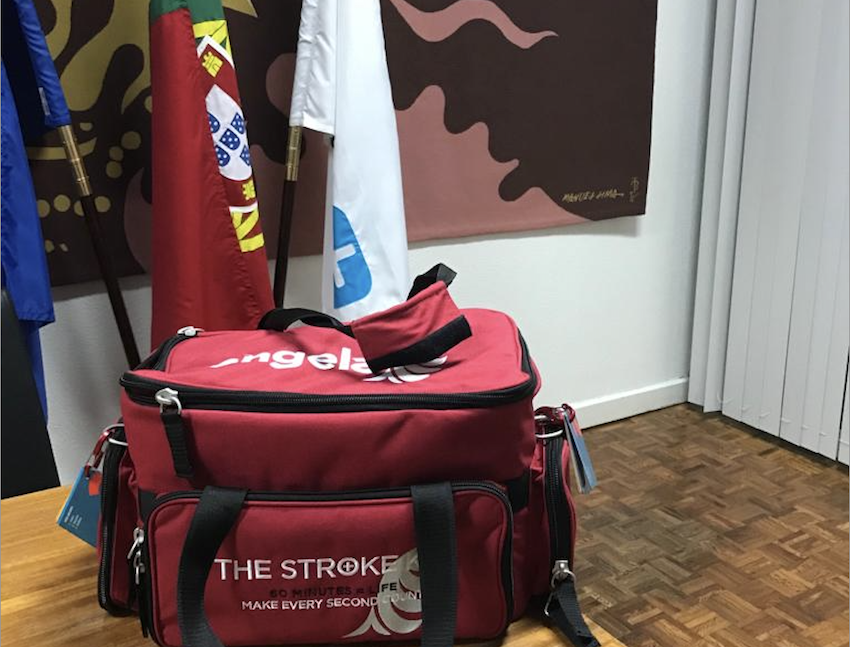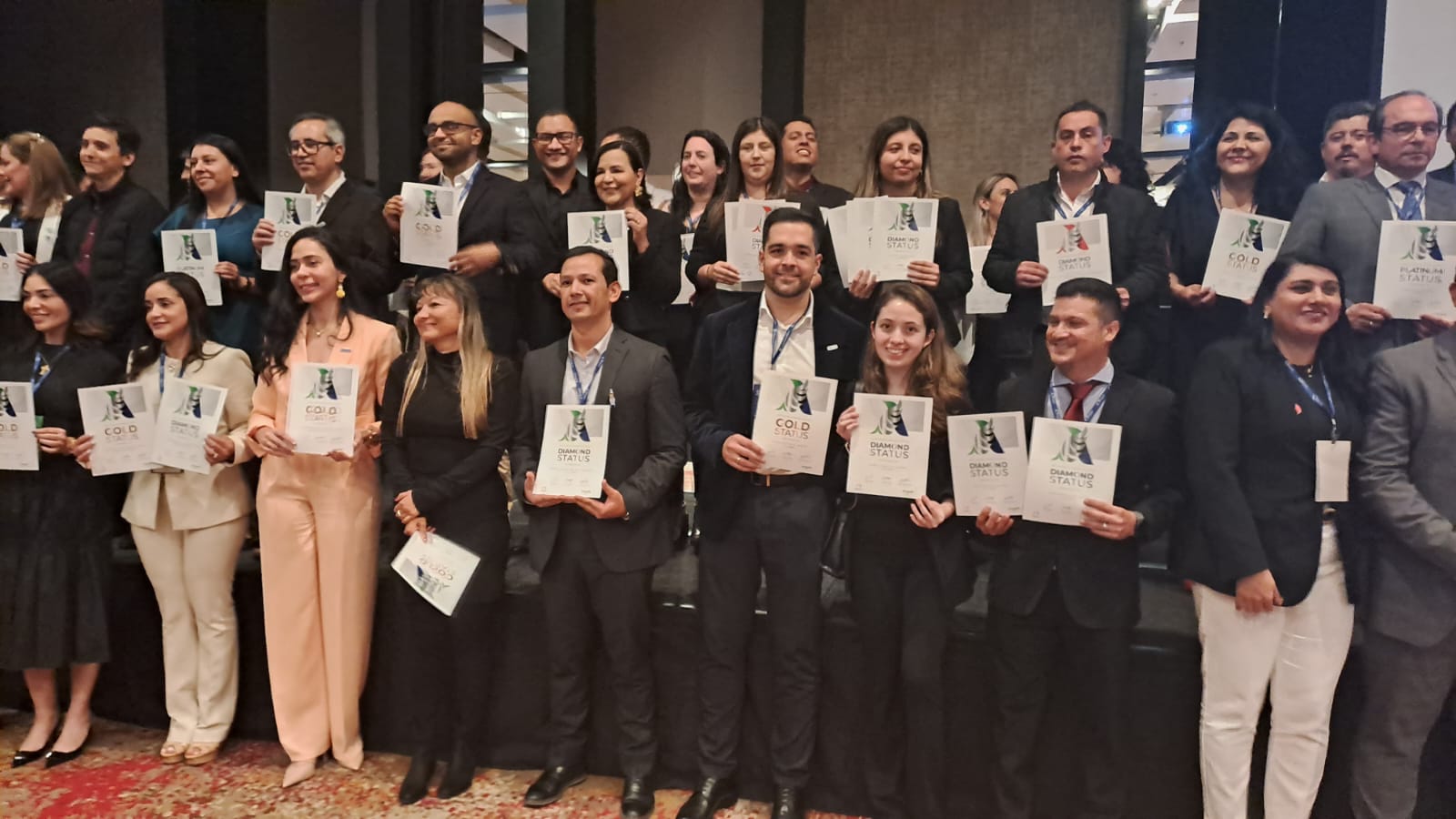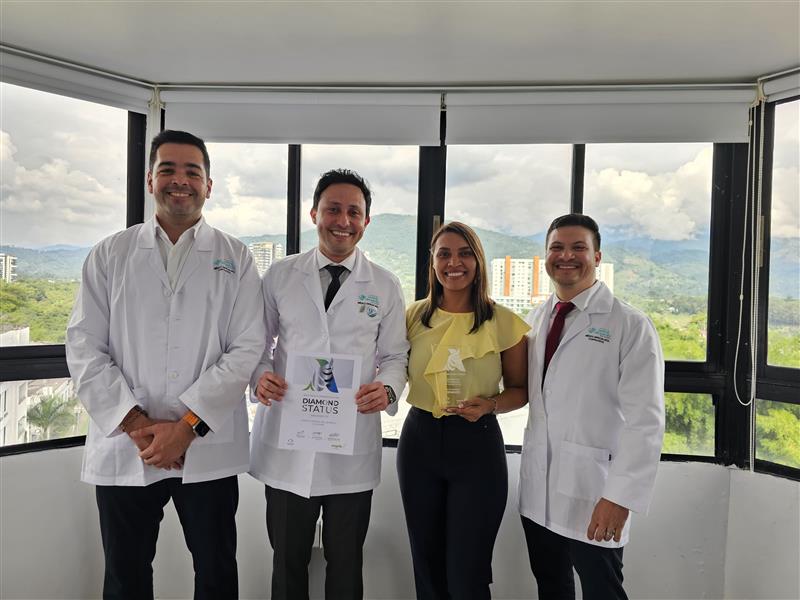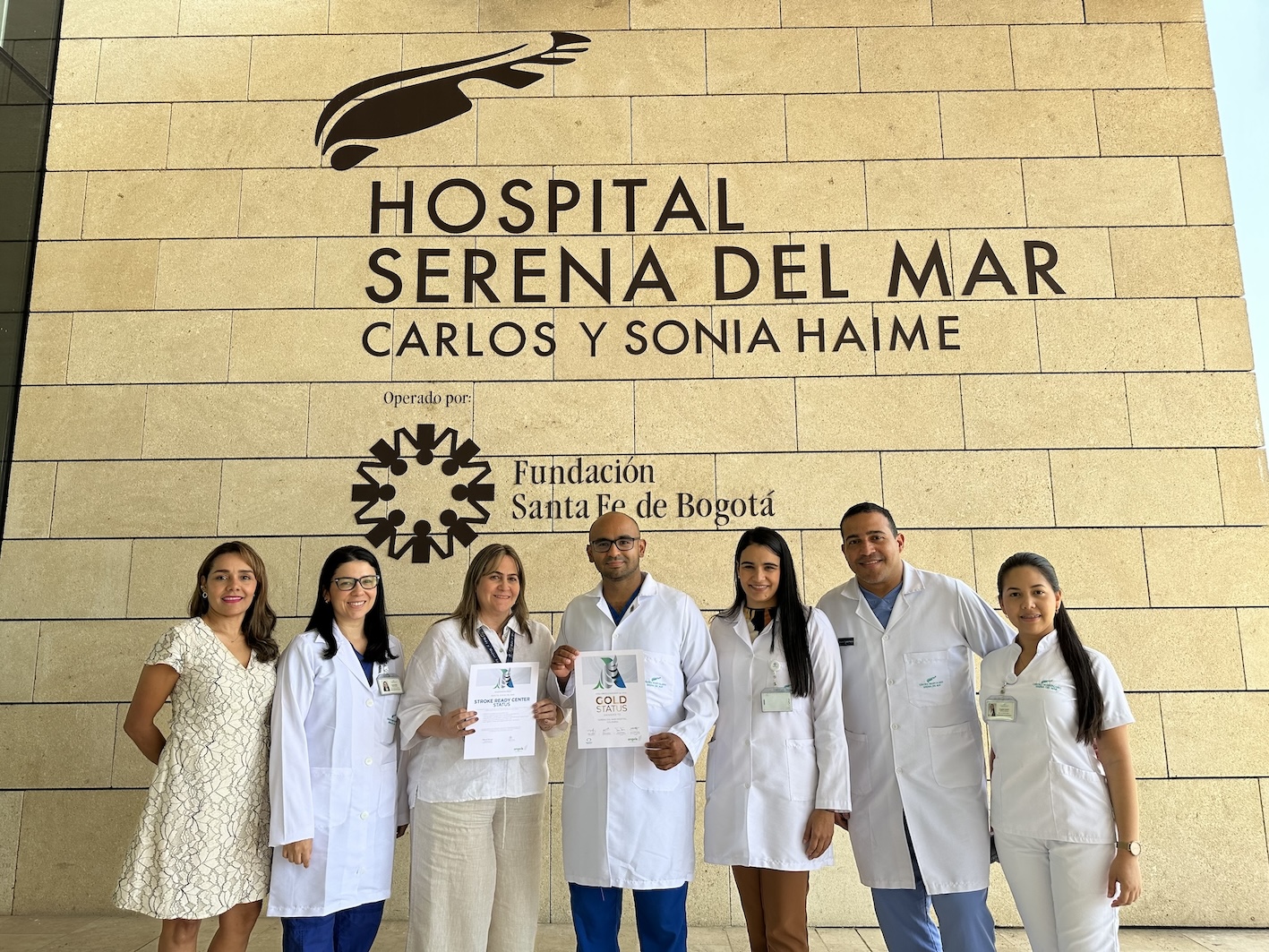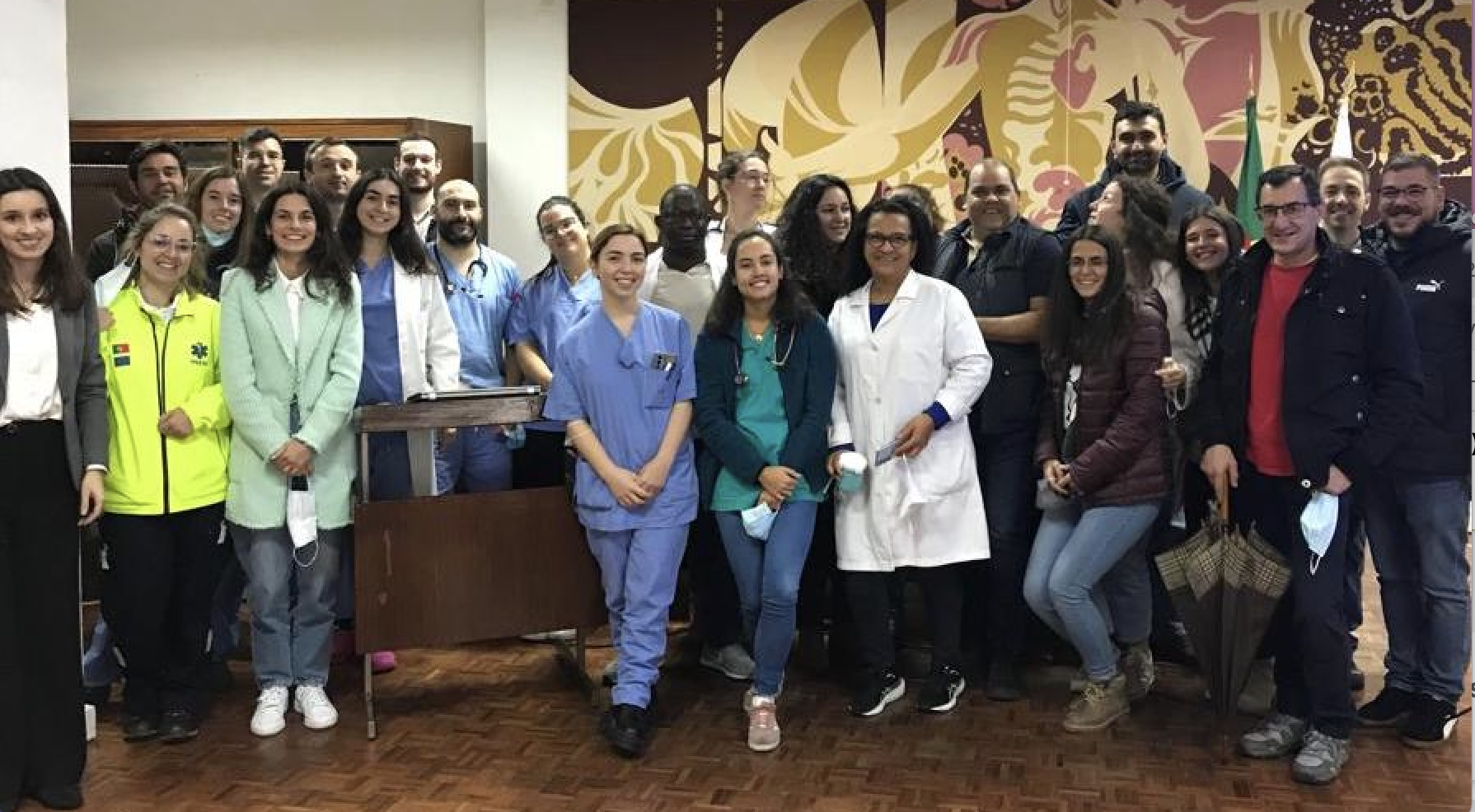
ДАЖЕ на высоте лета туристы не смотрят на Порталегре, городок Северный Аледжентан, расположенный в укорках Серра де Сано Мамеде. Несмотря на то, что это был важный стратегический город, в наши дни Порталгрейд находится далеко отовсюду, за исключением испанской границы, которая находится в 20 минутах езды.
Но если вы едва заполнили этот район Португалии и следите за знаками Порталегре, вам будут вознаграждены оливковые поля, дубовые и каштановые леса, замок, катедр, приятный центральный квадрат с большой планетой и множество благородных домов.
Вы можете не осознать сразу или вообще, что Порталгре был только недавно островом, потому что для острова он определенно очень далеко от моря. Вы, скорее всего, не заметите новый мост, важный, который соединяет Порталегре с материком.
Это связано с тем, что город является островом только в сознании тех, кто имеет яркое чувство его изоляции. И невидимый мост — это потенциально жизненно важная связь между главной больницей в Порталегре и сообществом по борьбе с инсульт в Португалии и остальных странах Европы.
Главный консультант программы Angels в Ронсонс-Карвалхо объясняет, как Порталегре перешел от острова к материку за удивительно короткое время. Ее районная больница привлекла ее внимание почти сразу после того, как она присоединилась к Angels в апреле 2022 г. Население города около 100 000 человек было среди старейших в Португалии. Риск инсульт у них был высоким, осведомленность была низкой, а данные показали, что смертность в течение 30 дней была значительно выше, чем во всех больницах, кроме одной в регионе.
Когда спустя некоторое время она все еще не смогла связаться с больницей в Порталегре, Интонс составил график, который позволил ей ранжировать целевые больницы с точки зрения их влияния и защиты интересов. При малом влиянии, но пока не взаимодействуя с Angels, больница д-ра Хосе Марии Гранде (HDJMG) в Порталегре нашла место прямо в центре нижнего левого квадранта. Но в верхнем правом квадранте с высокими баллами за влияние и защиту интересов была больница Эспирито Санто де евора (HESE), координатор инсультное отделение д-р Луиса Ребохо также был координатор инсульт центра Alentejo.
Инчресам стало известно, что для того, чтобы связаться с Порталегре, ей, возможно, сначала придется построить мост между Порталегре и Эворой.
Доктор Ребохо согласилась передать Порталегре слово о том, насколько важно было обеспечить лечение, терапия острого инсульта во внутреннем пространстве и как может помочь работа с Angels, — и это надежный союзник миссии Angels по повышению стандартов ухода за пациентами с уход за пациентом с инсультом. В конце этого сообщения был еще один потенциальный союзник, а именно координатор отделение неотложной помощи больницы Portalegre д-р Ауго Мендонса, любознательный и специализированный врач экстренная с особым интересом к инсульт.
Он тоже был осведомлен. Она поняла, как только встретилась с ним, в г-не Чейнс говорит, что д-р Мендонса знала, что это мозг. Теперь на мосту между Portalegre и сообществом Португалии по борьбе с инсульт есть создатели с обеих сторон.
В сентябре две группы по лечению инсульт, каждая из которых состояла из двух врачей, двух медсестер и двух практикующих специалистов С помощью СМП, приезжали на побережье, чтобы посетить семинар по моделирование в Симуле, Центре клинической имитации при Университете Авеиро. К концу октября медсестры в больнице Порталегре завершили онлайн-семинар по коду инсульт, проводимый рабочей группой медсестер. Их энтузиазм, по-видимому, будет иметь решающее значение для трансформации уход за пациентом с инсультом в их больнице.
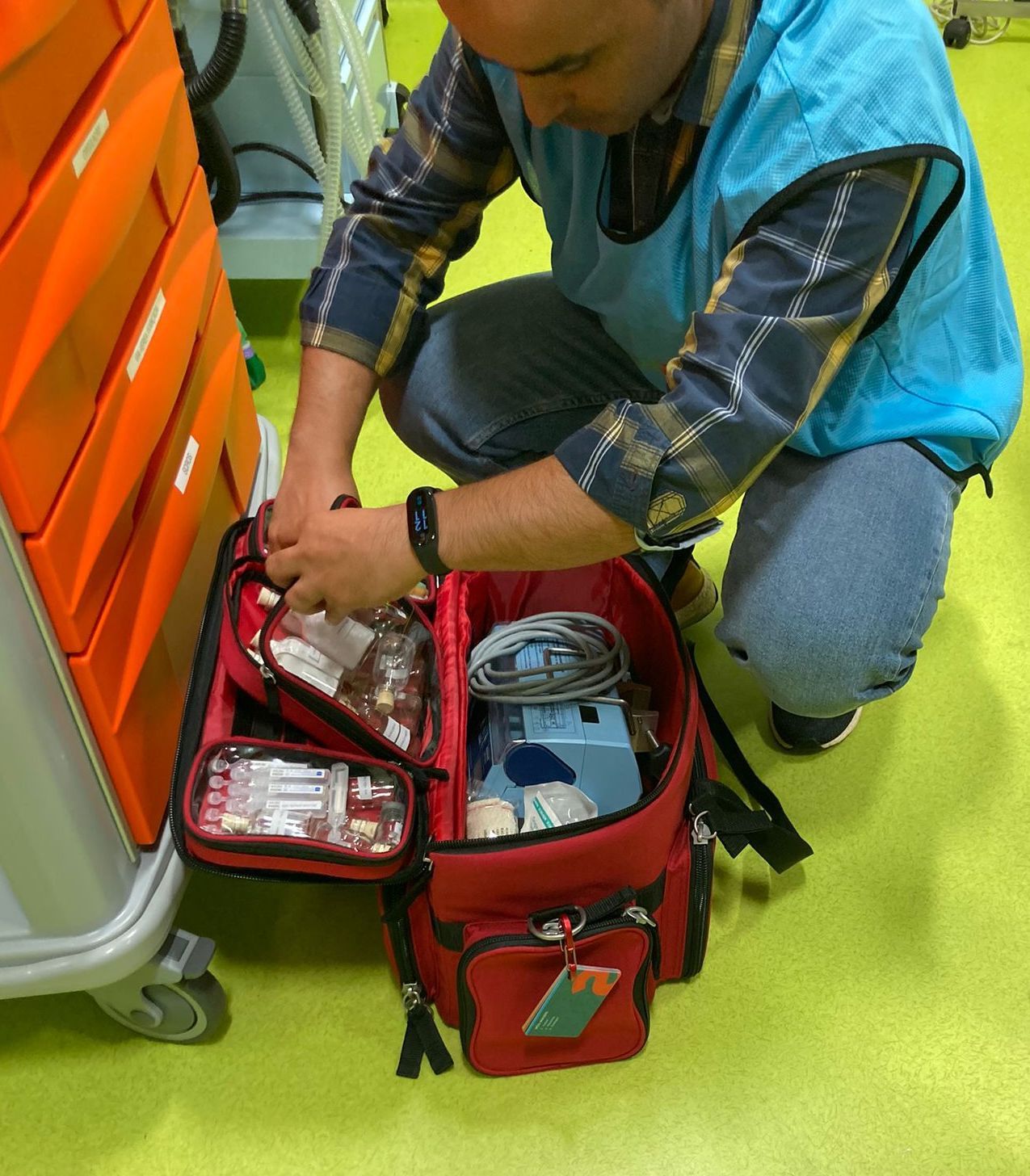
Программа Simula позволила командам из Порталегре изучить восемь клинических случаев и создать безопасную среду для обмена информацией, которая позволила бы им проявиться. Например, медсестра Йоно Мендес, медсестра с небольшим опытом работы, показала себя высокоорганизованным природным лидером, который уверенно вдохновлял врачей, в то время как д-р Рюбен Раимундо, молодой врач скорой экстренная, с трудом преодолевал его крайнюю осторожность.
Еще одна трансформация была на карточках.
Следующее совещание состоялось в Порталегре. 28 ноября в г. представители столицы пришли на моделирование в условиях стационара и многопрофильную встречу, которая проводилась в упакованном помещении с участием более 30 человек. Д-р Мендонса, еженедельно приезжающий из Лиссабона, сделал все возможное, чтобы обеспечить максимальную продуктивность визита Инклюз в конце долгого путешествия.
В следующий раз она совершила поездку на 320 км 5 декабря для проведения семинара по гиперострой форме, который включал в себя обучение Body Interact, чтобы помочь врачам, таким как Рубен Раимундо, приобрести уверенность в навыках принятия решений. Обучение было повторено днем, в конечном итоге почти 70 медицинское обслуживание работников.
При наличии нескольких ключевых приоритетных действий, в том числе обязательства по проведению КТ КТ, в г. Инк. организовано отображение QR-кодов в кабинет КТ, с помощью которого медсестры могут получить доступ к контрольным спискам. Она также создала QR-коды для соответствующих модулей электронного обучения в Академия Angels.
Порталегре был похож на Азоры без моря, медсестра сказала, когда семинар закончился, сравнивая свое чувство изоляции с рассеянием девяти крошечных островов в 1400 км от западного побережья Лиссабона. Но вмешательство дало бывшему острову голос и возможность обеспечить качественный уход за своим домом, его семьями и населением.
Мостовидный путь, связывающий портал Portalegre с сообществом по борьбе с инсульт Португалии, теперь был почти завершен.
На ежегодной встрече Angels в Португалии (место) (дата) вы могли услышать булавку, когда д-р Рубен Раймундо встал на сцену, чтобы поделиться своей история. Врачи, которые познакомились с осторожным молодым врачом в Авеоре несколько месяцев назад, пострадали от его трансформации.
Его манера была мощной, но они больше всего любит ее по другой, более ностальгической причине. Они видели у него версию своих собственных, предварительных, молодых себя, и многие из них распознали история инсульт в Порталегре как свою собственную.
